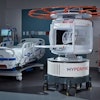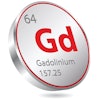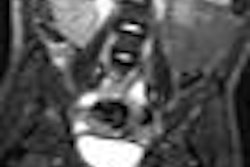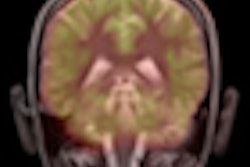Dear AuntMinnie Member,
How much are you worth? It's a question that many radiology professionals ask themselves in these days of cost cutting and belt tightening in radiology.
Fortunately, AuntMinnie.com provides a reliable metric for determining your worth in our annual SalaryScan survey. Every year for more than a decade, SalaryScan has provided radiology professionals with accurate, updated data on compensation and benefits throughout radiology. SalaryScan is a great way to find out how you're doing relative to your peers.
But SalaryScan doesn't work without your participation. That's why we're asking AuntMinnie.com members to take a short survey on your salary and compensation. We'll use the information to update our SalaryScan database, and we will release the information in aggregate form to our members later this year.
SalaryScan is totally anonymous, and you can even register to win prizes for participating. To get started, go to salaryscan.auntminnie.com.
MRI of Alzheimer's
In recent years, researchers have gained insight into which older individuals might develop Alzheimer's disease through the use of PET, particularly with the radiopharmaceutical Pittsburgh Compound B (PiB). But in a new study released yesterday, New York City researchers show that MRI may have a role to play as well.
The group found that MRI can detect signs of small-vessel cerebrovascular disease, which manifests itself in bright spots, or white-matter hyperintensities, on MRI scans. The researchers believe that these findings can be used in conjunction with PiB-PET to develop a better idea of who might develop Alzheimer's later in life.
Get more details on the study by clicking here, or visit our MRI Digital Community at mri.auntminnie.com.
CCTA of heart attack risk
Another new study we're featuring this week highlights the prognostic value of coronary CT angiography (CCTA). Researchers from Canada used CCTA to pinpoint more accurately which individuals might be at risk for heart disease.
They believe that CCTA scans could be used along with conventional risk factors to develop a better profile of those who are at risk of major adverse cardiac events. They're trying to solve a nagging dilemma in risk prediction: that heart attacks happen in many patients who don't have any risk factors.
Learn more by clicking here, or visit our CT Digital Community at ct.auntminnie.com.



.fFmgij6Hin.png?auto=compress%2Cformat&fit=crop&h=100&q=70&w=100)




.fFmgij6Hin.png?auto=compress%2Cformat&fit=crop&h=167&q=70&w=250)











